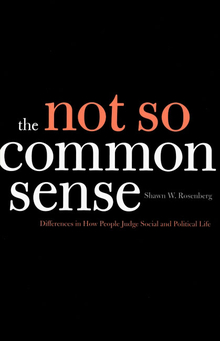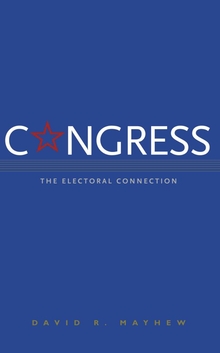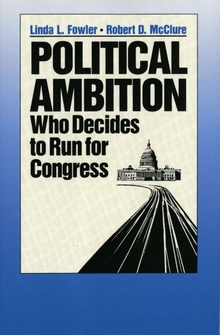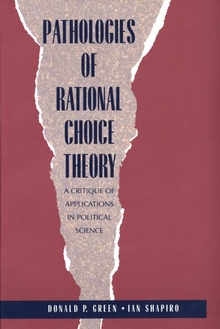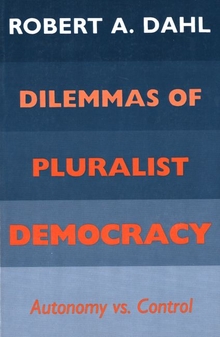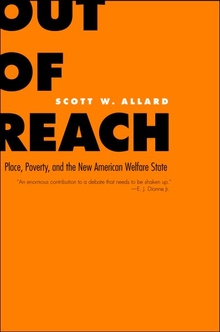The Not So Common Sense
WARNING
You are viewing an older version of the Yalebooks website. Please visit out new website with more updated information and a better user experience: https://www.yalebooks.com
Differences in How People Judge Social and Political Life
Shawn W. Rosenberg
In this fascinating interdisciplinary book, Shawn W. Rosenberg challenges two basic assumptions that orient much contemporary social scientific thinking. Offering theory and empirical research, he rejects the classic liberal view that people share a basic “common sense” or rationality. At the same time, he questions the view of contemporary social theory that meaning is simply an intersubjective or cultural product.
Through in-depth interviews, Rosenberg explores the underlying logic of cognition. Rather than discovering a common sense or rationality, he finds that people reason in fundamentally different ways, and these differences affect the kind of understandings they craft and the evaluations they make. As a result, people actively reconstruct culturally prevalent meanings and norms in their own subjective terms. Rosenberg provides a comprehensive description of three types of socio-political reasoning and the full text of three exemplary interviews.
Rosenberg’s findings help explain such puzzling social phenomena as why people do not learn even when it is to their advantage to do so, or why they fail to adapt to changed social conditions even when they have clear information and motivation. The author argues that this kind of failure is commonplace and discusses examples ranging from the crisis of modernity to the classroom performance of university students. Building on the ideas of Jean Piaget, George Herbert Mead, and Jurgen Habermas, Rosenberg offers a new orienting vision, structural pragmatics, to account for these social phenomena and his own research in cognition. In the concluding chapter, he discusses the implications of his work for the study of social cognition, political behavior, and democratic theory.
Through in-depth interviews, Rosenberg explores the underlying logic of cognition. Rather than discovering a common sense or rationality, he finds that people reason in fundamentally different ways, and these differences affect the kind of understandings they craft and the evaluations they make. As a result, people actively reconstruct culturally prevalent meanings and norms in their own subjective terms. Rosenberg provides a comprehensive description of three types of socio-political reasoning and the full text of three exemplary interviews.
Rosenberg’s findings help explain such puzzling social phenomena as why people do not learn even when it is to their advantage to do so, or why they fail to adapt to changed social conditions even when they have clear information and motivation. The author argues that this kind of failure is commonplace and discusses examples ranging from the crisis of modernity to the classroom performance of university students. Building on the ideas of Jean Piaget, George Herbert Mead, and Jurgen Habermas, Rosenberg offers a new orienting vision, structural pragmatics, to account for these social phenomena and his own research in cognition. In the concluding chapter, he discusses the implications of his work for the study of social cognition, political behavior, and democratic theory.
Shawn W. Rosenberg is director of the political psychology graduate program and professor of political science and psychology at the University of California, Irvine.
“An important book and an impressive work of scholarship. Rosenberg explains the crisis of modernity in terms of the way that individuals reason, along the way making a substantial contribution to various academic traditions.”—Richard W. Wilson, Rutgers University
“This is a provocative work.”—Kathleen M. McGraw, American Politics
“The dense writing style limits the book’s audience to graduate students, instructors and faculty, and researchers in psychology and political science.”—Choice
ISBN: 9780300122169
Publication Date: July 30, 2006
Publication Date: July 30, 2006
440 pages, 6 x 9

